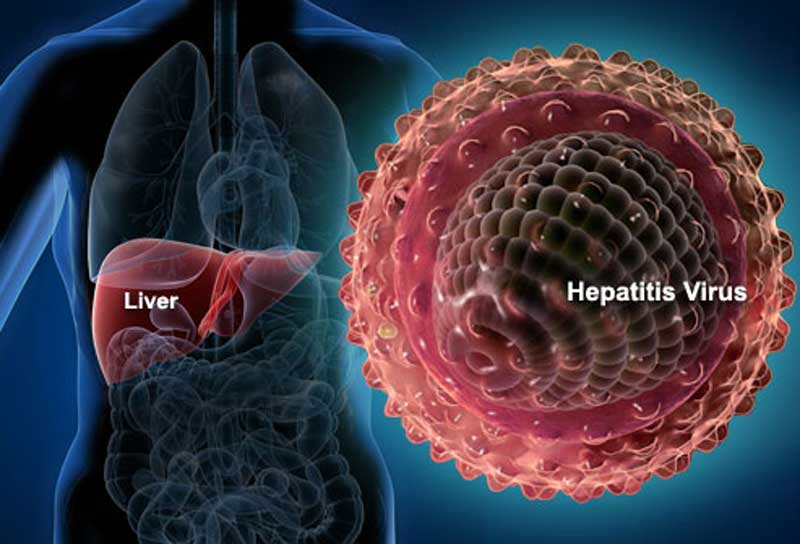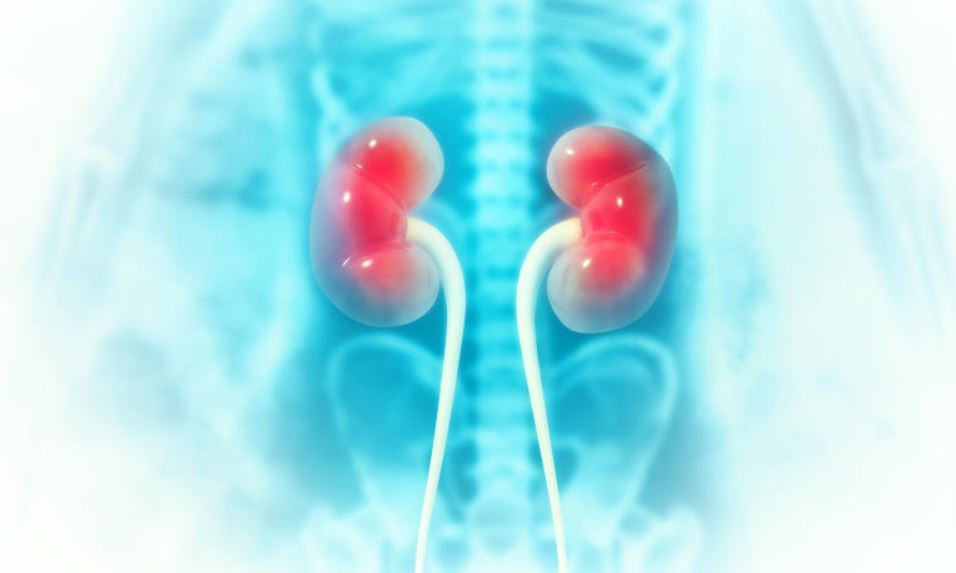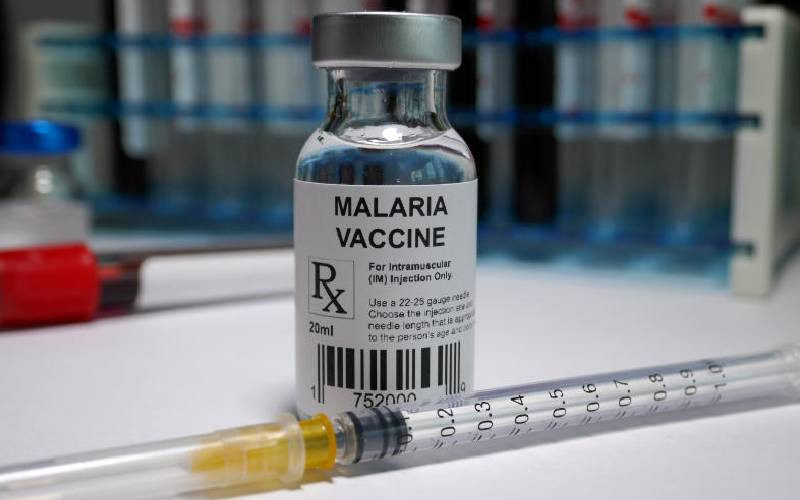
Hepatitis is an inflammation of the liver, mostly caused by viral infection (although in a few rare cases, it can be an auto-immune disease.
Last Sunday was National Hepatitis Day.
After the free public vaccination that Nairobi West Hospital held for residents and patients (from 10 am – 2 pm) I met up with Dr. Amanda Ngolobe, resident physician at the Nairobi West Hospital over a late lunch to discuss this disease.
“Hepatitis is an inflammation of the liver, mostly caused by viral infection (although in a few rare cases, it can be an auto-immune disease),” she says.
Staring at the matumbo stew that I’m eating, she adds: “For example, Hepatitis A is a highly contagious liver infection that can be gotten from infected food, much like cholera, if the food handler is infected.”
Other than viral infection, certain medication, drugs, toxins and too much alcohol can all lead to hepatitis.
Dr. Amanda explains that Hepatitis B and C are blood-borne, so that sexual intercourse, blood transfusions, shared injections and so on can all result in cases of this type of hepatitis.
“But Hepatitis B is very easily preventable through vaccination,” she says. “Hepatitis C has no immunization, but it has recently become treatable.”
However, she cautions, the curative treatment for Hepatitis C is quite expensive.
The upside of Hepatitis A is that, once one gets it, they have lifelong immunity, so it will never re-occur.
Dr. Ngolobe says that Hepatitis damages the liver, and if left long enough, it develops into liver disease.
“Because the liver is the organ that detoxifies the body, it is possible for a damaged liver to allow toxins to build up so much that they spill over and cause serious damage to other organs in the human body.”
I picture a house with a leaking roof, unwashed piling up dishes, dirt everywhere and bad plumbing – that eventually drowns its owner in filth.
Dr. Amanda gives a classic medical case from quarter-century ago, that occurred at the Alexandrovska Hospital in the Bulgarian capital of Sofia.
“A female patient had long term HCV (Hepatitis C Virus) that had led to liver cirrhosis.
Her doctor team was surprised by the extra-hepatic manifestations caused by her HCV – vascular lesions on her lower limbs, acute pain in her joints, an intense tingling sensation in her fingers, and fatigue so extreme it impaired her from doing any amount of work. They were also shocked by the presence of cryoglobulins in her blood.”
Two years later, in 1996, the poor woman also developed enlarged lymph nodes on her neck.
When these were histologically tested, the patient was found to have additionally developed lymphoma!
Dr. Amanda Ngolobe keeps piling on the horrors of Hepatitis.
“Hepatitis C and B, over a long period, can lead to outright cancer of the liver. Hepatitis D and E can damage, over long periods, the kidneys, heart and even the brain. But it is the human liver that all types of hepatitis most hurt. And you know there are no liver transplants in Kenya! One would have to go to a hospital like Apollo in India to do the procedure. In any case, the average cost of a liver transplant is Shs 17 million, and even then, only about 40% of patients will get it, due to the acute shortage of these organs.”
“Any good news, daktari?” I joked.
“Actually, yes,” said Dr. Amanda. “The liver is one of the most regenerative organs in the human body. It is very good at recovery. It takes a very long time to get to the point where it is damaged beyond repair.”
At Nairobi West Hospital, Dr. Ngolobe said, they keep a stock of anti-viral drugs to treat chronic Hepatitis B.
“We have drugs like Baraclude, Viread, Epivir, Hepsera and Tyzeka. But prevention is the best cure, so watch what and where you eat (to prevent Hepatitis A), practice good hygiene and most importantly, immunize yourself against Hepatitis.”
 The Standard Group Plc is a multi-media organization with investments in media
platforms spanning newspaper print
operations, television, radio broadcasting, digital and online services. The
Standard Group is recognized as a
leading multi-media house in Kenya with a key influence in matters of national
and international interest.
The Standard Group Plc is a multi-media organization with investments in media
platforms spanning newspaper print
operations, television, radio broadcasting, digital and online services. The
Standard Group is recognized as a
leading multi-media house in Kenya with a key influence in matters of national
and international interest.











